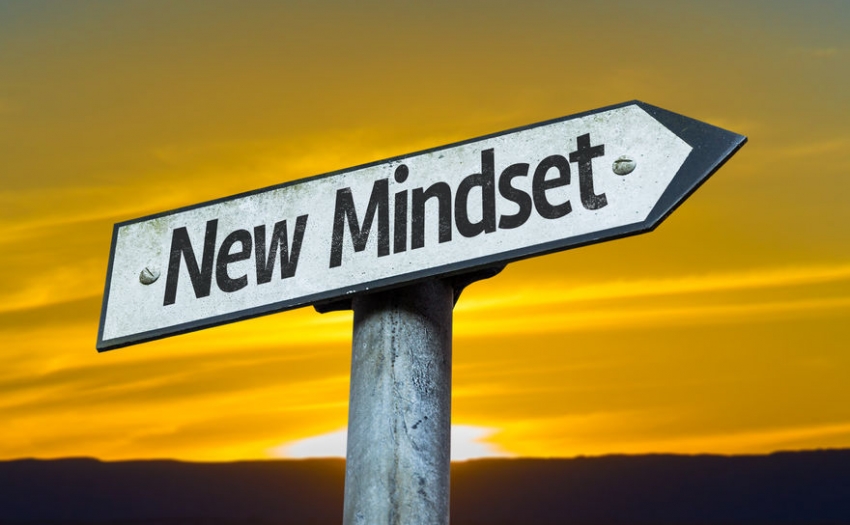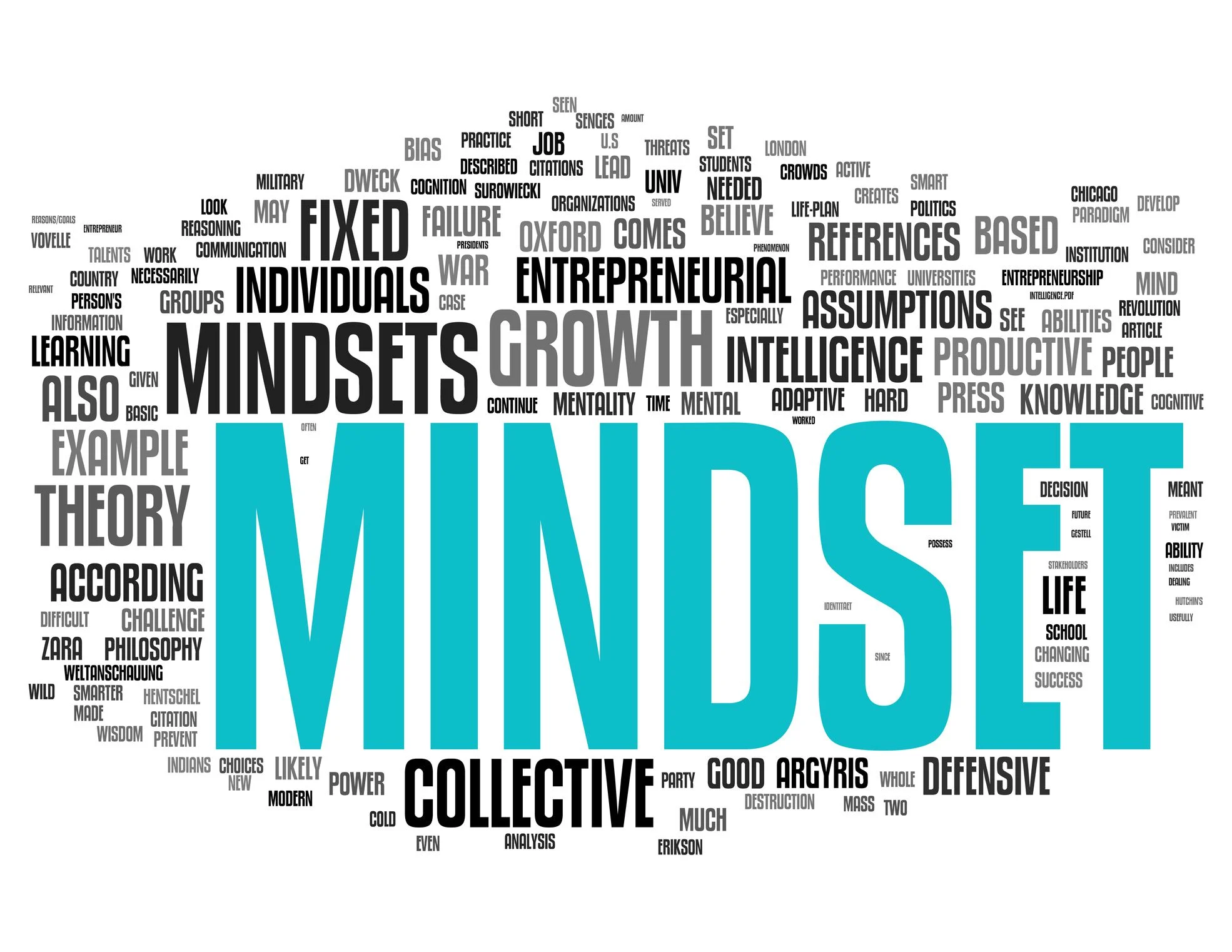A practical mindset is characterized by several key traits. First and foremost, it is marked by a focus on practicality and efficiency.
Individuals with a practical mindset seek out solutions that are realistic and achievable, rather than getting caught up in abstract ideas or unrealistic expectations. Additionally, a practical mindset is characterized by a willingness to take risks and embrace failure as a learning opportunity.
Rather than being deterred by setbacks, those with a practical mindset see them as stepping stones to success. Finally, a practical mindset is marked by a proactive approach to problem-solving. Instead of waiting for things to happen, those with a practical mindset take initiative and actively seek out solutions.
How to Develop a Practical Mindset
Developing a practical mindset is a journey that requires self-reflection and a willingness to change. Here are some steps you can take to develop a practical mindset:
Challenge Your Beliefs: Examine your existing beliefs and determine whether they are helping or hindering your progress. It’s not always simple, easy, or quick to change what you believe. Deeply rooted ones take time and work to get rid of because you might not even know what they are at first.
Even if you know the new one is better for you, it can be hard to switch because you’ve been used to the old one for so long. Be open to challenging and changing beliefs that no longer serve you.
Embrace Failure: Instead of fearing failure, embrace it as a necessary part of the learning process. Although accepting failure might increase your chances of success in the long term, it does not definitely ensure success.
However, accepting failure allows you to grow from your errors, change your strategy, and attempt again with greater wisdom and experience. See each failure as an opportunity to grow and improve.
Set Realistic Goals: Break down your goals into smaller, more manageable tasks. This will help you stay focused and motivated, as well as provide a clear roadmap to success.
A realistic goal is one that, given your abilities, timescale, and level of motivation, you can accomplish. But you won’t come any closer to reaching these objectives unless you decide what they are.
Seek Feedback: Actively seek feedback from others, whether it’s from mentors, colleagues, or friends. Be open to constructive criticism and use it as an opportunity to learn and grow.
Practice Mindfulness: Cultivate a sense of mindfulness and self-awareness. Pay attention to your thoughts and emotions, and consciously choose to respond in a practical and solution-oriented manner.
By following these steps and committing to your personal growth, you can develop a practical mindset that will serve you well in all aspects of life.
Practical Mindset vs. Fixed Mindset
A practical mindset is vastly different from a fixed mindset. While a practical mindset embraces challenges and seeks out solutions, a fixed mindset is characterized by a fear of failure and a belief that abilities are fixed and unchangeable.
People with a fixed mindset tend to avoid challenges, give up easily when faced with obstacles, and view failure as a reflection of their abilities. In contrast, those with a practical mindset see challenges as opportunities for growth, persist in the face of obstacles, and view failure as a chance to learn and improve.
By adopting this type of mindset, you can break free from the limitations of a fixed mindset and unleash your full potential.
Everyday Uses
A practical mindset is not limited to specific areas of life but can be applied to all aspects of daily life. Whether you are making decisions, solving problems, or managing your time, this type of mindset can help you navigate through the complexities of life.
When making decisions, a practical mindset allows you to weigh the pros and cons, consider the practical implications, and make informed choices. In problem-solving, it enables you to think critically, identify the root causes, and develop practical solutions.
In time management, a practical mindset helps you prioritize tasks, set realistic deadlines, and make the most of your time. By incorporating this mindset into your daily life, you can become more efficient, effective, and fulfilled.
Practical Mindset in the Workplace
Having a perspective that is more grounded in reality is especially beneficial in the workplace, which is rife with both obstacles and opportunity. Problem-solving, adaptation, and invention are all areas in which those who have a practical mentality succeed.
People tackle problems with a mindset that is solution-oriented, looking for answers that are both practical and efficient. They’re open to new experiences and can quickly adjust to different environments. They are also receptive to novel concepts and prepared to accept chances, but ones that are carefully weighed.
You may become an invaluable member of your team, make a contribution to the success of your business, and make progress in your professional career if you develop a mentality that is more practical in the workplace.

Helping Your Personal Growth
Not only is having this type of mindset crucial for one’s professional success, but it is also essential for one’s own personal growth. You may overcome self-limiting beliefs, develop resilience, and accomplish personal goals if you use an approach that is grounded in reality.
Having a practical mindset enables you to exert control over your ideas and feelings, allowing you to respond in a manner that is both productive and practical. It enables you to gracefully and resolutely maneuver through obstacles, setbacks, and uncertainty.
It also gives you the ability to set objectives that are attainable, develop plans of action, and get closer to achieving your aspirations. You will be able to realize your full potential and lead a life that is more satisfying if you adopt a pragmatic mentality for your own personal developmen
Techniques and Exercises
There are several techniques and exercises that can help you cultivate a practical mindset:
Journaling: Take time each day to reflect on your thoughts and emotions. Write down any challenges or obstacles you are facing and brainstorm practical solutions.
Visualization: Visualize yourself successfully overcoming challenges and achieving your goals. Studies show that visualizing yourself as already having attained your goals has a powerful affect on your subconscious mind. This can help you develop a positive and solution-oriented mindset.
Practicing Gratitude: Focusing on positive aspects of your life is one of the best ways to develop an attitude of appreciation. Cultivating thoughts and feelings of gratitude may assist you in shifting your focus from the issues to the solutions.
Mindfulness Meditation: Through the practice of mindfulness meditation, one may increase their self-awareness and build a mind that is peaceful and focused. Keeping this in mind can assist you in responding to issues in a way that is both productive and practical.
Seeking Support: Surround yourself with positive and like-minded individuals who support your growth and encourage this mindset. Studies show that the people you spend the most time with have a major influence on your mindset and ultimately your personality.
By incorporating these techniques and exercises into your daily routine, you can reinforce your practical mindset and continue to grow and evolve.
Overcoming Obstacles
Adopting this mindset is not always easy, as there may be obstacles along the way. Here are some common obstacles and strategies to overcome them:
Fear of Failure: Recognize that failure is a natural part of the learning process. Embrace failure as an opportunity to learn and grow, and reframe it as a stepping stone to success.
Negative Self-Talk: Challenge negative self-talk and replace it with positive and empowering thoughts. Remind yourself of your strengths and past successes.
Lack of Support: Seek out like-minded individuals who share your values and goals. Surround yourself with a supportive network that encourages your practical mindset.
Comfort Zone: Step out of your comfort zone and embrace new challenges. Push yourself to try new things and take calculated risks.
Impatience: Remember that adopting this type of mindset is a journey that takes time and effort. Be patient with yourself and celebrate small victories along the way.
By recognizing and addressing these obstacles, you can overcome them and continue to develop your practical mindset.
Resources and Books
There are several resources and books that can help you further develop your practical mindset:
- “Mindset: The New Psychology of Success” by Carol S. Dweck
- “Grit: The Power of Passion and Perseverance” by Angela Duckworth
- “The Power of Positive Thinking” by Norman Vincent Peale
- “Thinking, Fast and Slow” by Daniel Kahneman
- “The Obstacle Is the Way: The Timeless Art of Turning Trials into Triumph” by Ryan Holiday
These resources provide valuable insights and practical strategies for developing a practical mindset and achieving success.
Conclusion: Embracing the Practical Mindset for Success
In conclusion, mastering the practical mindset is a journey that requires self-reflection, commitment, and a willingness to change. By understanding the practical mindset, you can overcome obstacles, achieve your goals, and live a more fulfilling life.
Whether in your personal or professional life, a practical mindset empowers you to take control, embrace challenges, and find practical solutions. By adopting this type of mindset, you can unleash your full potential and create a life of success and fulfillment. So, embrace the practical mindset and unlock your true capabilities.
Ready to unleash your full potential? Start developing your practical mindset today and see the positive impact it can have on your life!
Related article: Start Your Day with Gratitude for a Positive Mindset




No comments! Be the first commenter?